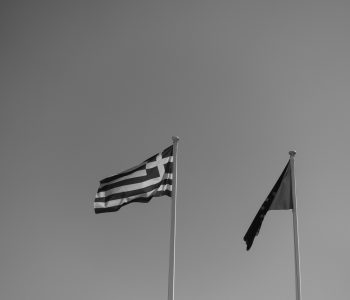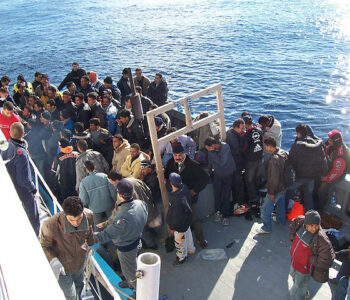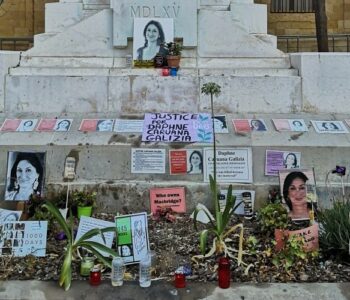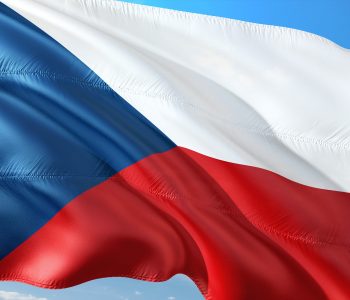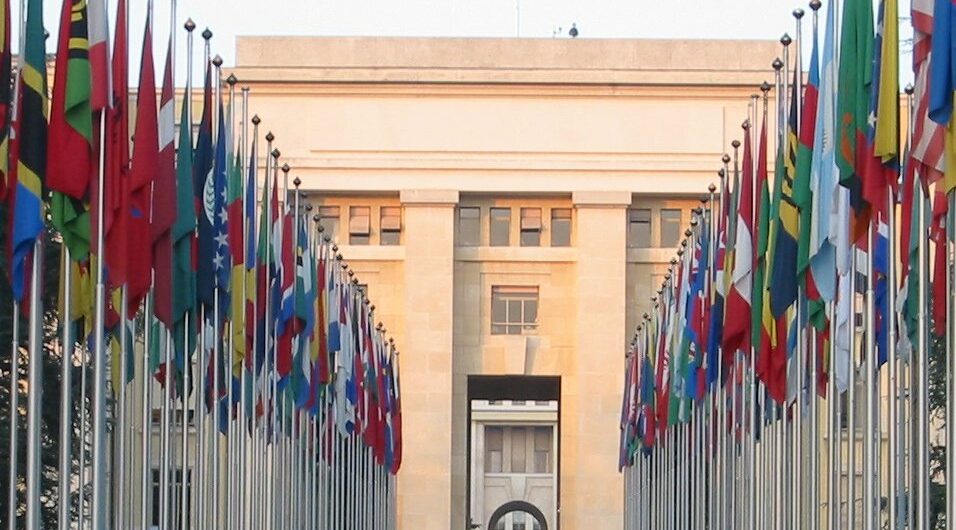 Library
Library
MFRR submission to the UN on the impact of…
MFRR submission to the UN on the impact of COVID-19 measures on safety and work of journalists
The European Centre for Press and Media Freedom (ECPMF) together with ARTICLE 19, Free Press Unlimited and OBC Transeuropa as part of the Media Freedom Rapid Response (MFRR), submitted recommendations to the UN Office of the High Commissioner on Human Rights (OHCHR) concerning the impact of government measures against COVID-19 on the safety and work of journalists and media workers.
Across the MFRR region, government responses to the COVID-19 pandemic have had various direct and indirect negative effects on the safety and work of journalists and media workers, amounting to a significant negative impact on media freedom.
While the pandemic has brought specific problems that require tailored responses, it has also served to highlight and at times exacerbate existing threats to the safety of journalists and media workers and their ability to do their job. The pandemic has been exploited by state actors to target critical and independent reporting.
